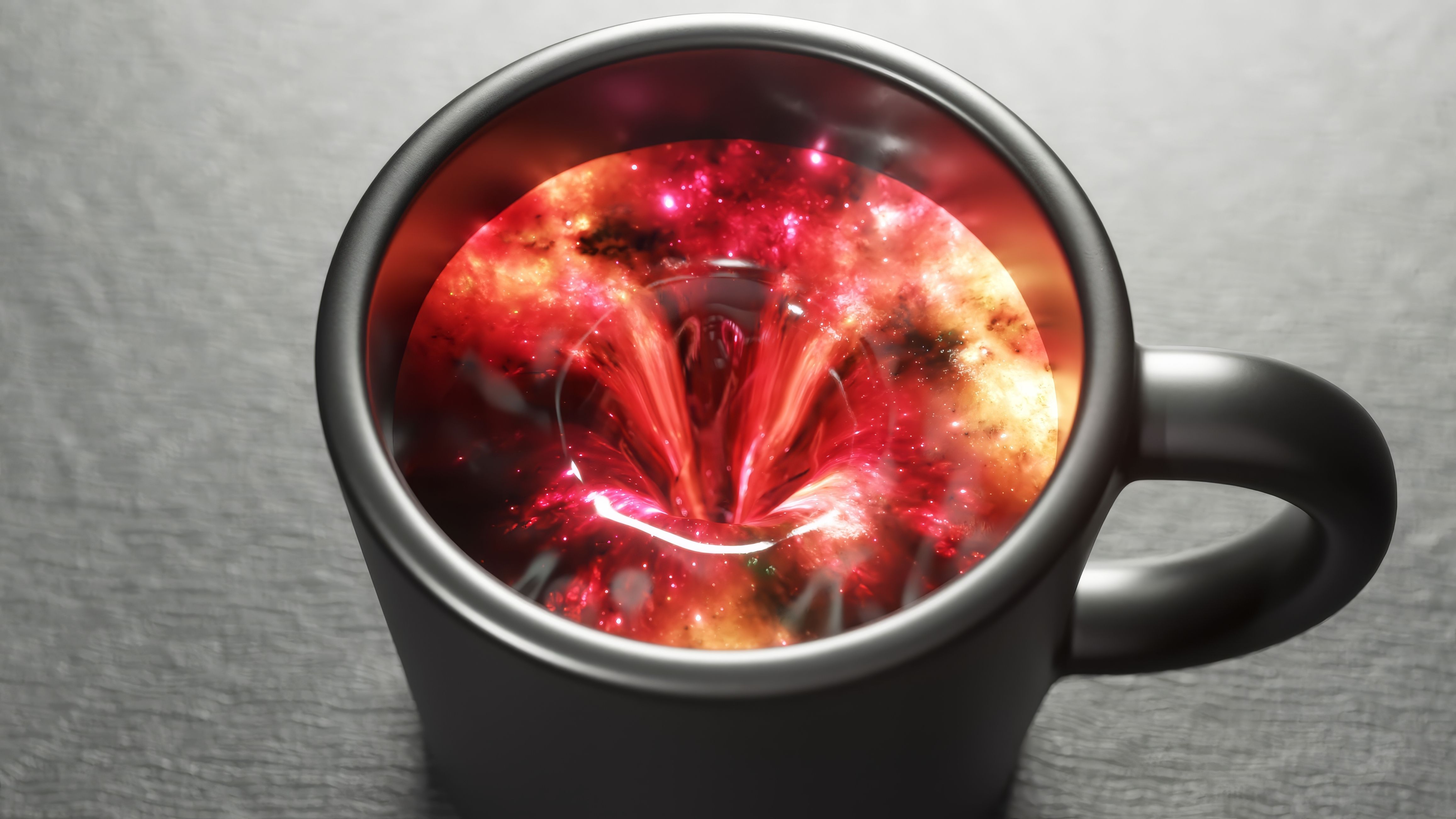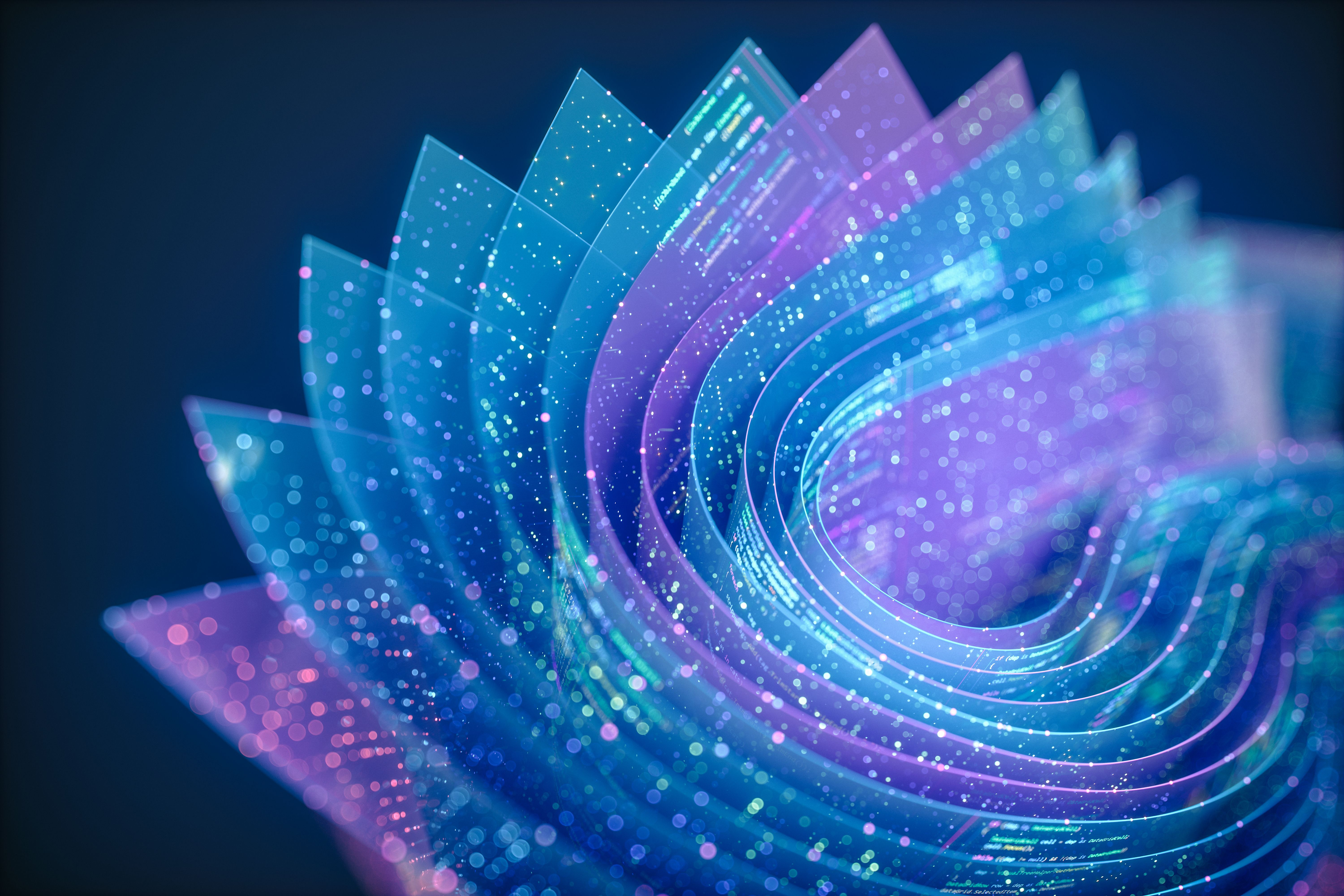The Technology Behind Award-Winning AI Films
JS
The Evolution of AI in Filmmaking
In recent years, artificial intelligence has revolutionized the film industry, particularly in the creation of award-winning films. The technology behind these AI-driven films not only enhances visual effects but also streamlines processes, making film production more efficient and innovative. This transformation is a testament to the rapid advancements in AI technology and its ability to adapt to different creative fields.
AI's contribution to filmmaking goes beyond simple automation. It involves sophisticated algorithms that can analyze scripts, generate storyboards, and even assist in casting decisions. These capabilities have allowed filmmakers to explore new creative avenues, pushing the boundaries of traditional storytelling.

AI-Powered Visual Effects
One of the most significant contributions of AI in filmmaking is in the realm of visual effects (VFX). AI-powered tools can create stunning visuals that would have been impossible or too costly to produce using conventional methods. Machine learning algorithms enable these tools to understand and replicate realistic textures, lighting, and movements, resulting in breathtaking scenes that captivate audiences.
For instance, AI can enhance CGI by automating the rendering process, reducing the time and resources required to produce complex scenes. This efficiency allows filmmakers to focus more on creative storytelling while still achieving high-quality visuals that meet the standards of award-winning films.

Streamlining Production Processes
AI technology also plays a crucial role in streamlining various production processes. From pre-production to post-production, AI systems can manage schedules, optimize budgets, and ensure the effective use of resources. This level of organization helps filmmakers maintain a smooth workflow, minimizing delays and reducing overall production costs.
Additionally, AI-driven analytics provide valuable insights into audience preferences and market trends. By analyzing large datasets, AI can predict box office performance and help filmmakers make data-driven decisions that align with their target audience's expectations.

AI-Enhanced Storytelling
The integration of AI into storytelling is perhaps one of the most intriguing aspects of its use in filmmaking. AI can analyze previous scripts and identify successful narrative patterns, providing writers with suggestions for plot development and character arcs. This capability enables filmmakers to craft compelling stories that resonate with audiences on a deeper level.
Moreover, AI can generate dialogue and even simulate different emotional tones, offering writers a diverse range of creative possibilities. This technology aids in developing more engaging and authentic characters, ultimately enhancing the overall quality of the film.
The Future of AI in Filmmaking
As AI technology continues to evolve, its impact on the film industry is expected to grow even further. Emerging technologies such as deep learning and neural networks are opening new doors for innovation, allowing filmmakers to experiment with interactive narratives and immersive experiences.
The future of AI in filmmaking holds exciting potential, with possibilities ranging from fully automated film production to personalized viewing experiences tailored to individual preferences. As these technologies mature, they will undoubtedly continue to shape the landscape of cinematic storytelling.

Conclusion
The technology behind award-winning AI films is a testament to the power of artificial intelligence in transforming creative industries. From enhancing visual effects to streamlining production processes and enriching storytelling, AI continues to redefine what is possible in filmmaking. As we look to the future, it is clear that AI will play an increasingly vital role in shaping the stories we tell and how we experience them.
